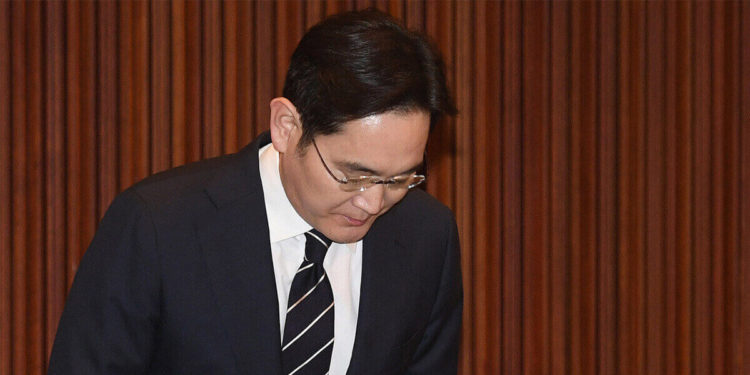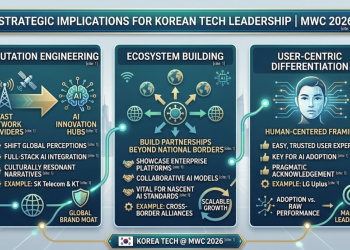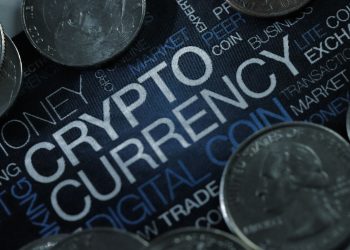After undergoing a probe regarding bribery allegations, Samsung Electronics Vice Chairman Lee Jae-Yong may face up to nine years in prison for bribery case. A group of South Korean prosecutors led by Park Young-soo called for the nine-year prison term.
“Samsung is a business group with overwhelming power, and there is even a saying that South Korean companies are divided into Samsung and non-Samsung ones,” the prosecutors said in the closing hearing. “The rule of law and the egalitarianism principle are meant to punish those in power and those with the economic power in line with the equal standard.”
The prosecutors separately charged Lee’s bribery indictment from his other cases involving stock-price manipulation and accounting fraud. Some of Lee’s other charges include bribery, embezzlement, perjury, concealing criminal proceeds, and illegally transferring assets overseas.
The Seoul High Court is scheduled to release a final ruling on January 18. The prosecutors also gave three other former Samsung executive officers seven-year sentences, while another officer was given a five-year sentence.
“There’s no denying that it has made a lot of positive impact on our society,” said the prosecutors as they refer to Samsung. “But just because there’s been an economic contribution, there should be no hesitation in legal enforcement based on the rule of law.”
Previous charges
The bribery trial is linked to the 2017 controversy that led to the impeachment of former South Korean President Park Geun-hye. Lee Jae-Yong was convicted in 2017 to five years in prison for handing 8.6 billion won to the former President. According to allegations, Lee offered the corporate funds in a bribe to gain government backing in securing his control over the electronics giant.
Upon his release in 2018, Lee resumed working as Samsung’s de facto leader. The Seoul High Court lessened his sentence to two and a half years due to the findings of an appeals court. The appeals court claimed that only 3.6 billion won was paid as a bribe.
In 2019, the Supreme Court said that the appeals court underestimated the value of the bribes and sent the case back for retrial.







